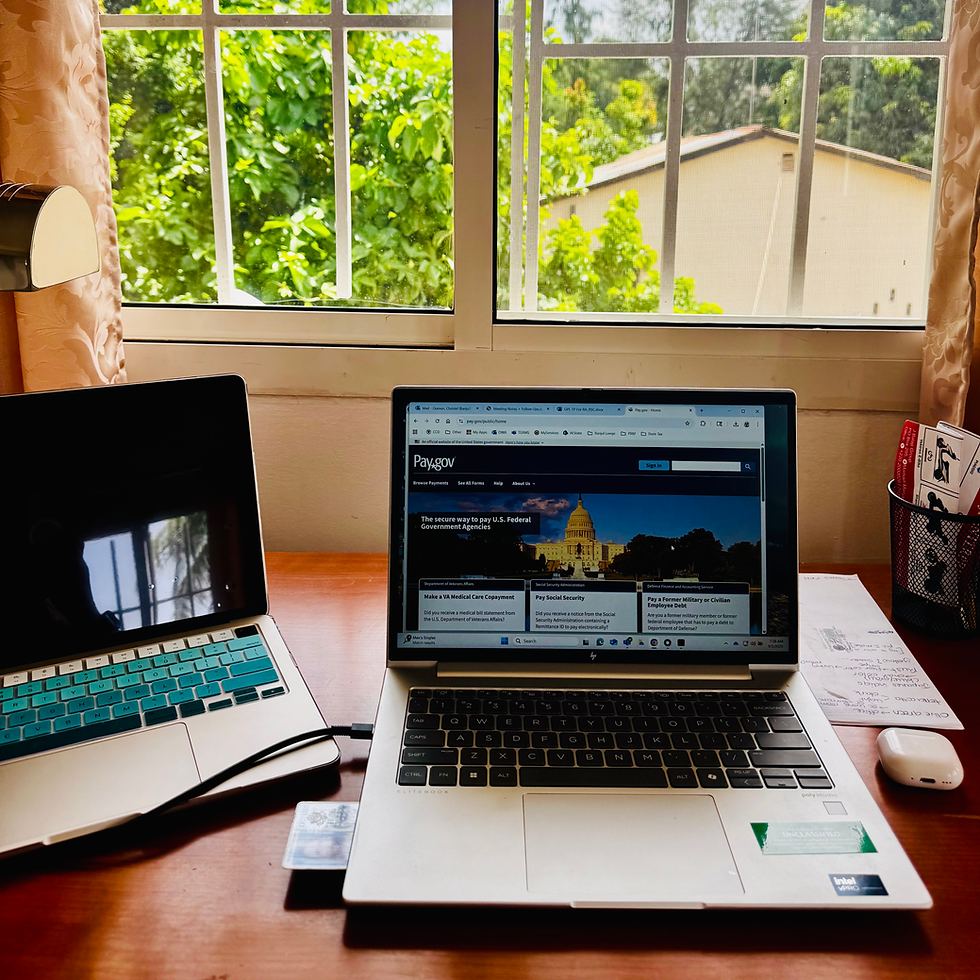Political affairs: the goals
- Owner

- Feb 15, 2019
- 2 min read
Updated: Jun 18, 2020
Political officers focus on government-to-government relations, which is what you could call “traditional diplomacy”. They further policy priorities by having lots of meetings and interactions with their government counterparts in which they try to understand and persuade them, and report the results back to the capital.

Political officers are “the voice” of their country on political matters overseas. They translate and transmit relevant policy messages, assure other governments of their support or, alternatively, admonish them when they’re mad about something they did, and generally promote their countries values, culture, products and services.
Besides being a good representative, political officers are pro-active about seeking stronger ties as well as more practical cooperation with other countries. An official way to approach this is to negotiate a Memoranda of Understanding (MoU), which outlines shared priorities and steps forward in the relationship, and may ultimate result in a formal treaty.
Diplomats also increasingly talk to people outside of governments, like minority groups and civil society organizations, to gain a broader understanding of the political situation, get a feel for public opinion, and to check and corroborate information they received.
When posted in another country political officers basically report on whatever issue they think might be of interest to Washington DC. For example, issues related to politics and elections, human rights, LGBTI and women’s rights, corruption, and crime, so everyone in the department is up to date on significant developments. Besides sharing data and analysis, political officers provide ideas and policy recommendations for taking action.
Some political officers work in International Organizations like the UN, or in positions that focus on multilateral affairs, like counter-terrorism or climate change, where they coordinate efforts with others like the EU and the Group of Eight (G8) so like-minded countries can share information and expertise, and join efforts to tackle global issues.
Occasionally, political officers are tasked with mobilizing international support for policies that that require immediate action. For example, when the US was gearing up to go to war in the wake of the 9/11 attacks. Political officers all over the world were tasked with explaining and convincing allied countries to support the invasion. Years later, US diplomats were asking many of those same countries to consider taking in former prisoners from Guantanamo prison—a controversial issue that took lots of diplomatic skill and effort and resulted in over 50 countries agreeing to it.
Read more:







